In September, the Food and Drug Administration placed a ban on soaps and certain antibacterial chemicals which contain 19 different chemicals, one of them being triclosan. The FDA has given companies one year to remove the chemicals from their products and get the ones containing it off the shelves.
So why did the FDA ban triclosan from soaps and other antibacterial products? According to an article from New York Times, “Studies in animals have shown that triclosan and triclocarban can disrupt the normal development of the reproductive system and metabolism, and health experts warn that their effects could be the same in humans.” The Centers for Disease Control and Prevention found the chemicals in the urine of three quarters of Americans.
Triclosan is a chemical pesticide that has been a known endocrine disruptor and has shown to weaken heart muscle function, alter the shape of sperm, impair brain development, and contribute to bone deformation in animal studies.
You might think this is a huge win for consumers, and it is, but the ban didn’t reach all products. Unfortunately triclosan is still present in many drugstore toothpastes.
If this product is so dangerous that it’s now been banned from products that get washed off our skin, why is it still allowed in products that go into our mouths? According to the FDA, the benefits of triclosan in toothpastes still outweigh the risks. These benefits include reducing plaque and gum disease.
However, there are natural alternatives to using this chemical to protect your oral health. Xylitol, for instance, has been shown to reduce plaque. The bacteria that creates plaque cannot metabolize xylitol allowing for less plaque buildup and the decay causing bacteria cannot stick to the teeth.
To think you need triclosan or other chemicals in your toothpaste in order to prevent plaque is a naïve way of thinking. There are plenty of natural toothpastes that contain xylitol that can be even more beneficial to your oral health. Visit our page of xylitol products and find the best natural toothpaste option for you and your family.
Related Articles
Xylitol: Naturally Occurring Sugar
Xylitol is an amazing naturally occurring sugar. It was first found and isolated in wood products. We’ve grown a bit since then and now it is commercially harvested from mainly corn cobs and birch. Xylitol is considered a sugar alcohol, since it has...
Dr. Doyle Williams on Fluoride and Xylitol
I'll give you two interesting statistics: one is from the United States, which we hold up almost as the gold standard of care. We think that everybody comes to the US for the best health care, and we know that three out of four of our children - by the...
Trisha O’Hehir, RDH Easily Explains How Xylitol Works
Trisha O’Hehir, RDH spoke about a fairly new way that xylitol works to reduce infectious diseases in the mouth and airway at a recent dental conference. Trisha is one of the people who cleans your teeth when you go to the dentist. Some, hopefully few,...
Emily Craft, DDS on Dental Benefits of Xylitol Gum
Dr. Emily Craft, DDS recorded a video about xylitol and dental health. Read on for a summary of her thoughts. Xylitol is a naturally occurring sugar that you find in a lot of fibrous plants, fruits, and vegetables. Believe it or not, this sugar has a...
Sweet Treats for Dental Health
Sweet treats can get you into trouble. We all know this, and our dentists like to remind us each time we visit and have to get a cavity filled. But there’s finally a way to enjoy your sweet treats and not get your teeth in trouble. Xylitol...
Dental Benefits of Xylitol
We visit the dentist because we care about our oral health. Our smiles are one of the first things people notice about us, so we want them to be healthy and bright. What if you could reduce the risk of cavities by up to 80 percent? What if you could have...

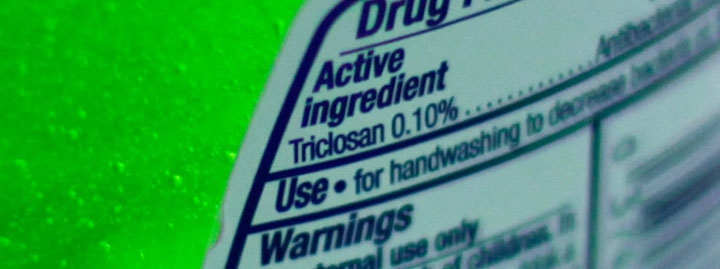
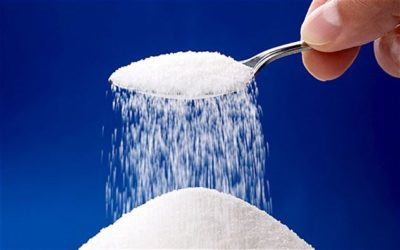
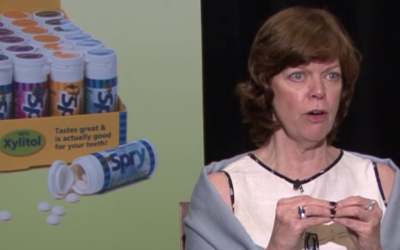
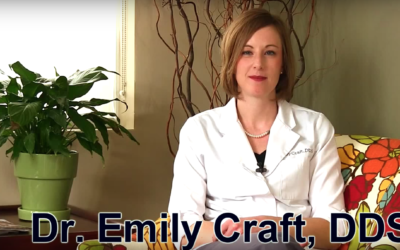

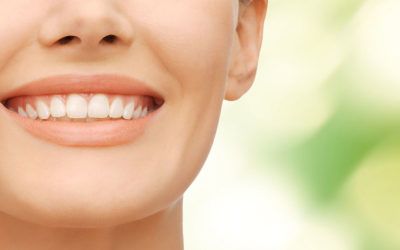




I’m a clinical dental professional and work in an area with a high health IQ. Although this information is common knowledge in my area, I have a lot of friends and family that dont have this knowledge from their dental professionals. It would be really great to be able to ‘share’ your information through social media. The articles you provide are simple, thorough, and accurate. Thank you!
All information provided here may be used without asking permission. The only thing we ask is that you share where it came from.
If you have dogs, though, you must be careful. Xylitol is not good for them and could potentially be poisonous and even deadly.
True enough, especially when they are small.
If it is a danger to any species. Should be banned.
Pfelcher, chocolate is poisonous to dogs as well…should we ban that? I think it is reasonable to keep xylitol containing products away from dogs.
Is your xylitol derived from corn or birch. If from corn, non GMO, organic or regular?
Hi Amanda, we’re an educational site and therefore don’t have any products ourselves. However, you can find a list of products containing xylitol here: http://xylitol.org/xylitol-products/
Corn
triclosan must ban in all over the world,thanks for this artical. after knowing the triclosan side effect i change my deodorant and i started to use triclosan free deodorant HueHoffner.